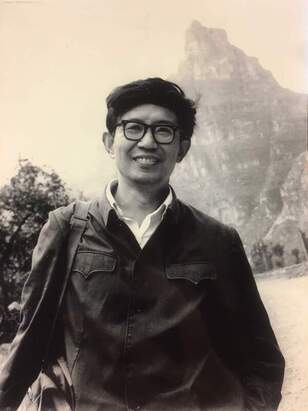 It is with great sadness that we inform you of the passing of Li Zehou 李泽厚(1930-2021). Li Zehou was one of the most creative and influential Chinese philosophers of the twentieth and twenty-first centuries. The vast and rich body of work he leaves behind - comproming topics as diverse as the theory and history of (Chinese) aesthetics, a radical reinterpretation of Kant's transcendental idealism in conversation with the historical materialism of Marx, a contemporary reading of the Confucian Analects, and researches in ancient as well as modern Chinese intellectual history - will continue to serve as a source of inspiration for future generations of scholars in China and beyond. From the perspective of Confucian philosophers, one can only understand death and apprehend existence through the consciousness of death if one has already come to a prior understanding of life. The reason why human beings can intensely experience existence itself by being faced with their own mortality is precisely because existence as such derives its meaning from being alive. The meaning of life is a process that is formed historically and can only be grasped through the relationship with a community. Therefore, in Confucianism “life and death” are anthropological phenomena closely related to the interpersonal ties between human beings. In this sense, “death” is no longer some formal, mysterious generality or something living beings are instinctively afraid of, but rather counts as an individual's direct experience of the formation of an anthropological substance. - Li Zehou, "An Account of the Chinese Tradition" (Zhongguo chuantong de shushuo 中国传统的述说), 1988
0 Comments
Leave a Reply. |
Archives
June 2023
Categories |

 RSS Feed
RSS Feed
